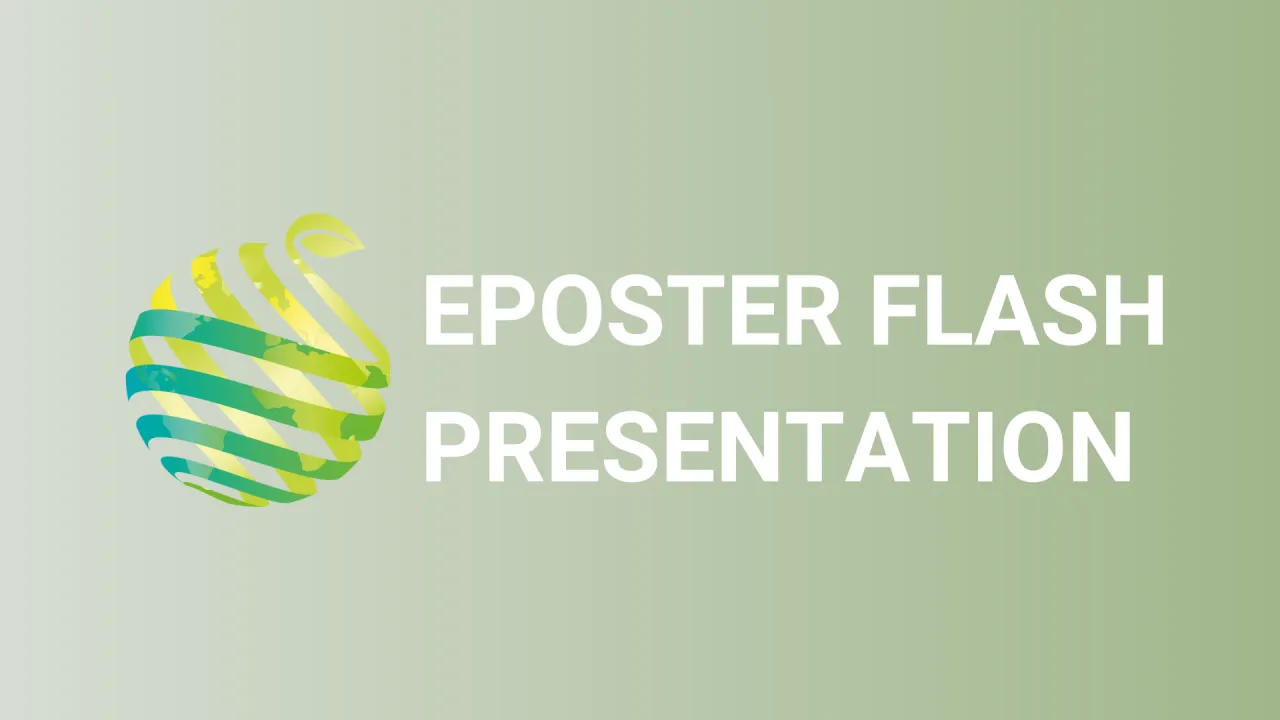

S23 - Session P2 - Effect of phytosqualane and ethoxiquin on superficial scald control in ‘d’Anjou’ pear
Information
Authors: Jingi Yoo *, David R. Rudell, Carolina A. Torres
Superficial scald (SS) is a physiological disorder causing brown or black patches on fruit skin during or after cold storage on European pears. 'd'Anjou' pears are highly susceptible in conducive environmental conditions. Ethoxyquin has been used for decades to prevent SS on pear, but the ban of this and other synthetic antioxidants have led to the search for alternative chemical control. The objective of this study was to compare the effectiveness of phytosqualane to control SS and its effect on fruit quality. Anti-scalding treatments were applied immediately after harvest and included: 1. Untreated control, 2. Phytosqualane solution (E7, 0.5% v/v), 3. Ethoxyquin (2000 mg L -1 ). After applications, fruit was stored at 0-1°C in controlled atmosphere storage (2.5% O 2 , 1.5% CO 2 ). Superficial scald incidence and severity was evaluated after 3, 6, and 8 months of storage plus 7 and 14 days at 20°C (RT). After 8 months, the untreated control showed 77% incidence after 7 days at RT and 100% after 14 days at RT, whereas the E7 solution and Ethoxyquin showed less than 10% incidence after 14 days at RT. Also, the E7 solution maintained greener skin color compared to other treatments when stored for 7 and 14 days at RT, and Firmness was also maintained higher than other treatments.